A few nights ago, Bro. Nathan Warren came over to my house, and as we sat on my porch smoking cigars, drinking scotch, and enjoying a nice cool fall evening, the conversation inevitably weaved itself in and around Freemasonry. During the conversation, Bro, Warren relayed how some people (non-Masons) were astounded that we can actually go to Lodge and sit next to people from almost any conceivable religion, race, or social background, and be totally comfortable around them. While this ability to "meet on the level" with one another is a hallmark of our fraternity, it is unfortunately not always put into practice, and even when it is, we too often take advantage of it by failing to truly get to know the people that we sit in Lodge with on a personal and intimate level.
As Bro. Chris Hodap has covered on his blog: Freemasons for Dummies, the Grand Lodges of Tennessee and Georgia have recently made moves to ban homosexuals from being Freemasons. This is most likely a misplaced knee-jerk reaction to the recent U.S. Supreme Court ruling (Obergfell v. Hodges) that struck down gay marriage bans across the country, and held that marriage is a universal right regardless of one's sexual orientation. The moves by the Grand Lodges of Tennessee and Georgia are particularly disturbing, because the Lodge has long been a safe haven for those seeking a place of acceptance and enlightenment ideals. This is why our rituals contain admonishments that it is the internal and not the external qualifications that make a man fit to be a Freemason, and that no disharmony or contention should exist between brothers.
The Lodge is simply not a place that any strife over religion, race, or sexual orientation should exist. The Lodge should be place of harmony, reflection, and spiritual growth, and in order to accomplish that lofty and fundamental ideal, arbitrary divisions such as race, sexual orientation, or social background, should not get in the way of spreading the cement of brotherly love. Ever.
Most of the negative associations that people have about minorities, the LGBT community, and religions other than Christianity, come from a place of fear and ignorance. Fear is a natural human reaction and emotion to things that are unknown to us. It is what kept our ancient ancestors from being eaten by lions and tigers; however, ignorance driven fear morphs into fanaticism, and fanaticism gives way to tyranny. Ignorance, fanaticism, and tyranny are the antithesis of Freemasonry, and must never be allowed to take root in our hallowed halls.
For men that are supposed to be working on our international ashlars, fear has no place, especially fear that is borne out of ignorance. The only cure for ignorance is knowledge, and our fraternity is blessed to have a vast reserve of wise and diverse brethren within our ranks. In order to tap into this vast reserve of wisdom, we must first take the time to get to know our fellow brethren on a personal and intimate level, whether the individual brother is gay, straight, white, black, Hispanic, Christian, Non-christian... Any Brother. Only after spreading the cement of brotherly love and affection can we open the doors of our hearts so that we can truly learn from one another.
In order to truly meet on the level, we must be willing to actively practice the ideals that we espouse, and not close the doors to our hearts, or our Lodes, to those that don't fit into a neat homogeneous box. We must take the time to learn from our brothers, those who sit by us and Lodge, and those who sit in Lodge hundreds or thousands of miles away. Above all, we must be truly open-minded to new ideas and concepts. After all, having a unique and diverse membership is what has always made our fraternity great. Each of us holds aloft our own Light that we have gathered and nurtured on our own personal and spiritual journeys, and the more unique Lights that we can gather around us, the more illuminated the pathway for all craftsmen will become.
_______________________________________
Thank you for reading The Laudable Pursuit!
If you enjoyed this piece, please feel free to share it on social media sites and with your Lodge.
For more information on Wor. Jason E. Marshall, Please CLICK HERE:
Also, visit us on Facebook: https://www.facebook.com/TheLaudablePursuit
_______________________________________
SHOW YOUR SUPPORT
If you enjoyed this content, you can show your support by visiting the "Support TLP" page in the header, or by clicking the button below.




